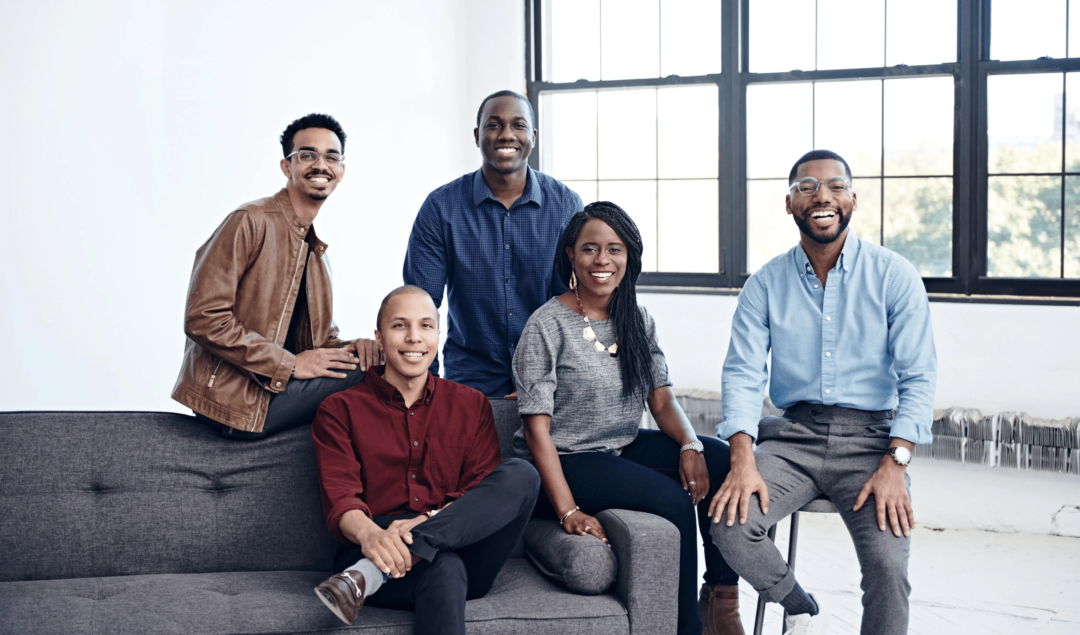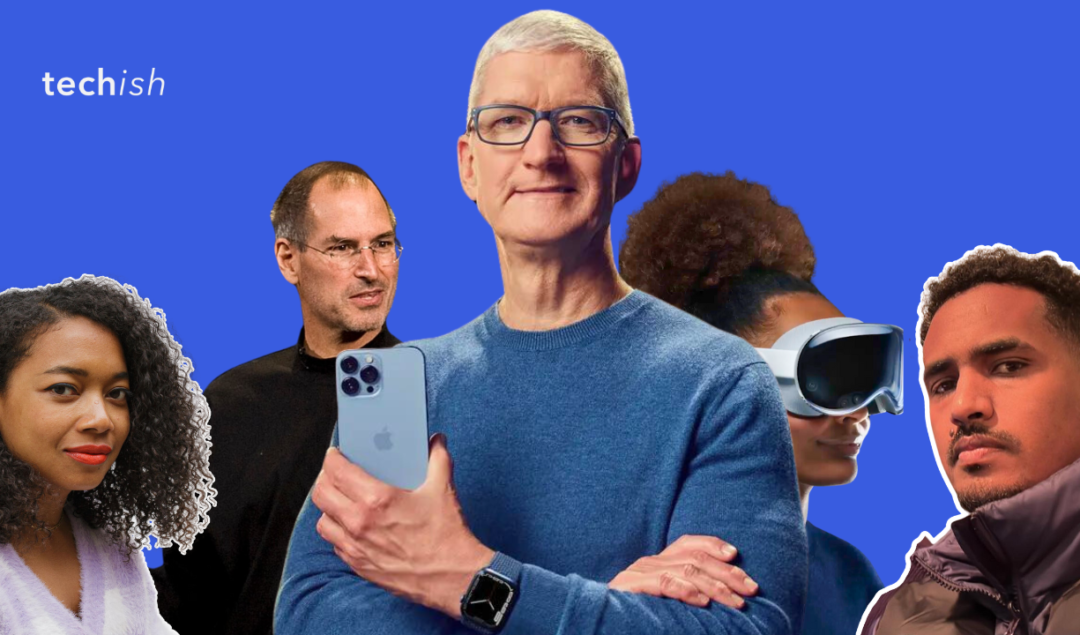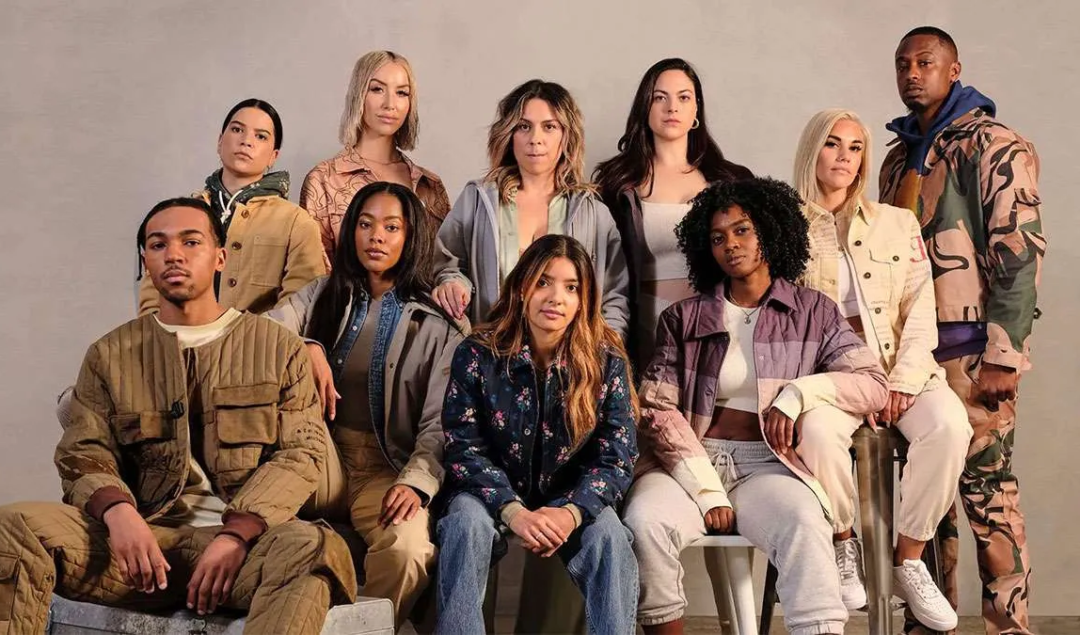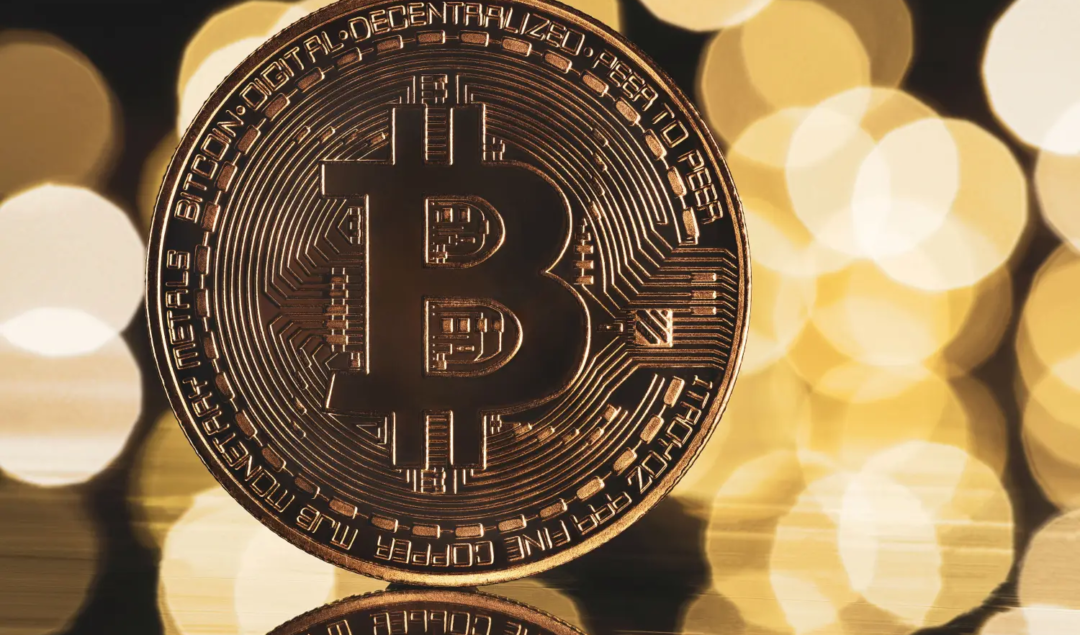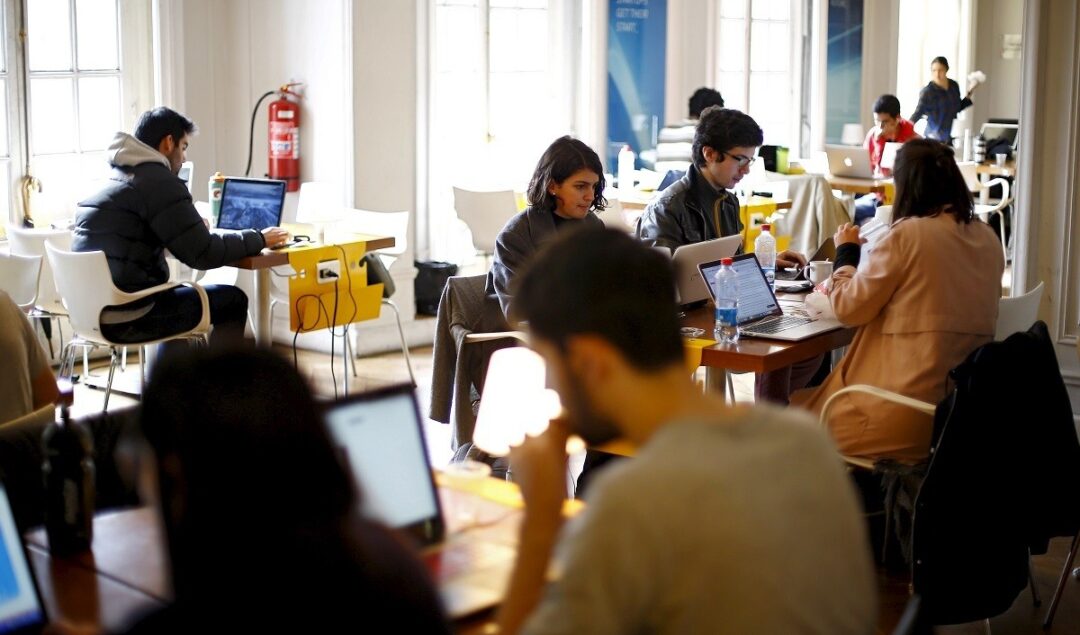Brand new Techish! Hosts Abadesi and Michael dive into: Weaponized incompetence harms DEI Reflections on getting older Companies outsourcing jobs overseas Tips for new B2B founders Listen on Spotify or Apple podcast also. Watch On YouTube
Florida A&M University (FAMU) will expand its academic offerings with the addition of new graduate degrees in aerospace engineering beginning in fall 2025. This move, as reported by the Tallahassee Democrat, includes a master’s and a PhD program through the FAMU’s joint college with Florida State University (FSU). The FAMU-FSU College of Engineering The FAMU-FSU College of Engineering, situated in Innovation Park, is the only shared engineering school in the nation. Currently, it offers an Aerodynamics Certificate through an online graduate certificate program. The introduction of the aerospace engineering graduate
In celebration of AAPI Heritage Month, it’s essential to recognize and honor the incredible contributions of Asian American and Pacific Islander (AAPI) women in the tech industry. Their stories of resilience, creativity, and leadership inspire and underscore the vital role of diversity in fostering technological advancement. During this special month, we have highlighted the achievements of some of these trailblazers, celebrated their contributions, and explored how they are paving the way for future generations. Reshma Saujani – Girls Who Code And Moms First Reshma Saujani is a leading activist and the
Black-led venture capital firm Harlem Capital is raising a $150 million fund, according to documents filed with the SEC. Harlem Capital, founded in 2015 by Henri Pierre-Jacques and Jarrid Tingle, aims to change the face of entrepreneurship by investing in 1,000 diverse founders. Harlem Capital’s Funds To Date The new fund, if raised, will be the firm’s third and most significant to date after raising $134 million in 2021 and $40 million in 2019. Its second fund focused on early-stage post-product companies from all sectors but a particular focus on consumer and enterprise tech.
The Senate is considering a bipartisan bill to establish Black Wall Street as a national monument. Senators James Lankford (R-OK) and Cory Booker (D-NJ) introduced Senate Bill 3543 to create the Historic Greenwood District—Black Wall Street National Monument. This initiative aims to honor the legacy of Tulsa’s Historic African American Business District and commemorate the 1921 Tulsa Race Massacre. Honoring Black Wall Street’s Legacy In 1921, white mobs attacked and destroyed Black Wall Street, a thriving Black neighborhood in Tulsa, Oklahoma. Originally, the state recorded 36 deaths, but a 2001 state commission reported that
Brand new Techish! Hosts Abadesi and Michael dive into: Starbucks and Apple are in their flop era Women on Bumble no longer have to make the first move Bank of America employees to strike following death from overwork The decline of the UK Listen on Spotify or Apple podcast also. Watch On YouTube
The Consumer Financial Protection Bureau (CFPB) has filed a lawsuit against SoLo Funds, an online lending platform, over its lending practices. According to the CFPB, SoLo Funds used deceptive tactics to ensure almost every borrower paid hidden fees despite advertising zero-cost loans. Misleading Tactics and Hidden Fees SoLo Funds markets itself as a consumer-friendly alternative to high-cost, short-term loans. However, the CFPB alleges that SoLo’s practice of requesting borrowers pay “tips” and “donations” hides the actual cost of their loans. The lawsuit alleges that from March 2018 through December 2022, SoLo received
El Salvador, the first country to adopt Bitcoin as legal tender, has mined nearly 474 Bitcoins worth approximately $29 million using geothermal energy from the Tecapa volcano, according to Nasdaq. Harnessing Volcanic Power for Bitcoin Mining Since September 2021, El Salvador has been leveraging the geothermal power of the Tecapa volcano to fuel its Bitcoin mining operations. This initiative, a collaboration with prominent mining firms like Foundry USA, Antpool, ViaBTC, F2Pool, and Binance Pool, taps into the 102 megawatts generated by the state-owned geothermal power plant. Of this, 1.5 megawatts are
Latino Business Action Network recently launched a Startup Accelerator program to empower Latinx tech entrepreneurs through mentorship, networking and educational resources. Latinos are the most prolific creators of new companies in the U.S., with over 5 million Latino-owned businesses currently operating, according to a recent Latino Business Action Network (LBAN) report. Despite this impressive number, Latino entrepreneurs face significant barriers to accessing venture capital. Aimed At Tech Entrepreneurs The accelerator program, supported by JPMorgan Chase, will focus on 40 Latino majority-owned, venture-backed tech companies specializing in fields such as AI, Agtech, health tech, fintech, and biotech.
Viola Davis, journalist Joy Reid, and radio host Charlamagne Tha God are among the partners that have teamed up with The Grio founder David A. Wilson and tech leader Brandon John-Freso to launch ALTR. ATLR pronounced ‘alter’, is a personal development app tailored to the Black community. A Collaborative Vision for Empowerment ATLR aims to provide short-form audiobooks by Black luminaries and authors. It is currently open for early access sign-ups and is scheduled for an official launch in late 2024. The development of ALTR is in collaboration with JuVee Productions, founded by Davis




